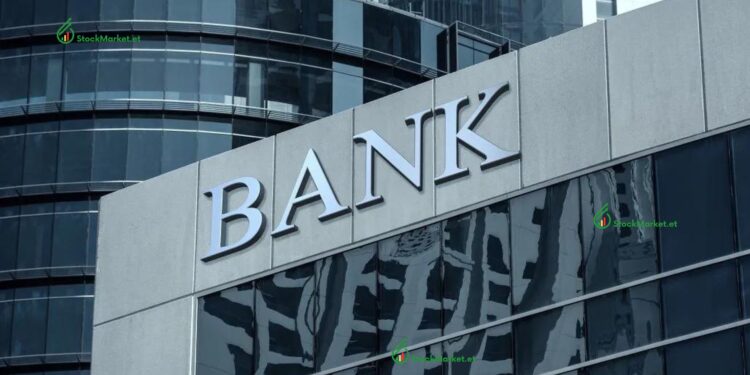Let’s talk about the concept of a capital market in the context of Ethiopia, using a bank, say, “X Bank,” as our example. In Ethiopia, banks are one of the most well-known share companies. So, let’s see how a capital market works for a share company like a bank:
Imagine there’s a bank, “X Bank,” in Ethiopia, and they have big plans. They want to raise money to grow their operations, open new branches, and invest in strategic projects. To make this happen, “X Bank” decides to offer shares of their ownership to the public.
- Initial Public Offering (IPO): “X Bank” goes through something called an Initial Public Offering (IPO). This is when they offer a part of their ownership in the form of shares to the general public for the first time. It’s like saying, “Hey, you can now be a part-owner of our bank!” When people buy these shares, they become shareholders in “X Bank.”
- Listing on the Ethiopian Securities Exchange (ESX): After the IPO, “X Bank” gets its shares listed on the Ethiopian Securities Exchange (ESX). Think of the ESX as a place where people can come and trade these shares, like a marketplace for buying and selling ownership in companies.
- Trading on the Secondary Market: Once “X Bank” shares are listed on the ESX, they can be bought and sold by investors. The bank itself might not be directly involved in these transactions. The prices of these shares go up and down based on how well “X Bank” is doing, what’s happening in the economy, and how investors feel about the bank’s prospects.
- Capital Raised: When “X Bank” first sold its shares during the IPO, they received money from investors. This money becomes capital that the bank can use to achieve its goals, like expanding its business, making new investments, and improving its services.
- Shareholder Rights: People who bought shares in “X Bank” now have certain rights. They can attend shareholder meetings, have a say in important decisions, and even receive a share of the bank’s profits if it’s doing well.
- Risk and Returns: Shareholders in “X Bank” share in its success, but they also share in its challenges. If the bank does well and its share price goes up, shareholders might make a profit. However, if the bank faces difficulties, the share price could go down, leading to potential losses.
In a nutshell, a capital market in Ethiopia is a way for share companies like banks to raise money by selling shares of their ownership to the public. This process gives regular people a chance to invest in the bank’s success and growth, while the bank gets the funds it needs to make big things happen. It’s not just for banks; many different kinds of companies can benefit from Ethiopia’s capital market to raise the capital they need for their plans.























